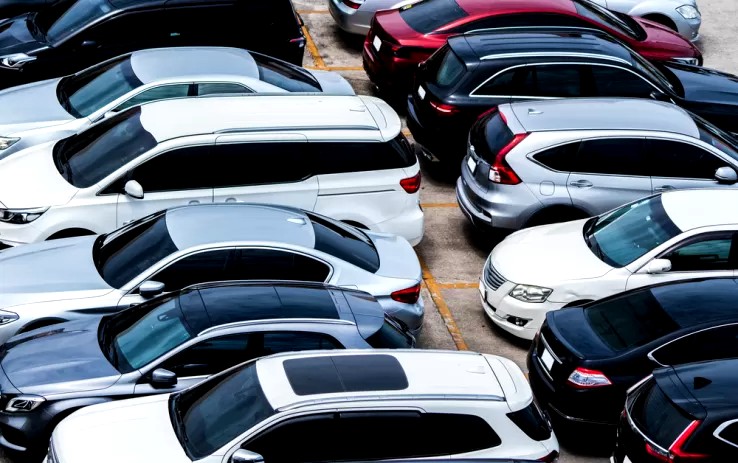In this day and age, the idea of car ownership is a complicated one. There are a whole host of reasons for this – from economic fluctuations, changing government incentives, rising fuel prices, and the rise of remote working, but there is one elephant in the room that refuses to go away – the environment.
As knowledge about the human impact on the world’s climate and how cars are involved with this grows, the idea of owning a car is no longer the straightforward one it once was.
You might feel conflicted about the environmental impact you are having on the world by owning a car and be eager to find a way to keep the convenience and enjoyment of driving while minimizing your negative impact on the planet.
The trouble is that different people have different opinions about what the best cause of action might be. Some argue that buying a brand-new electric car is the best answer and that discarding old cars with internal combustion engines is the right thing to do.
Unfortunately, this answer is, while well-meaning, somewhat flawed. Keeping used cars on the road will reduce the environmental impact of manufacturing, as well as the dire impact on the environment that acquiring the necessary materials to build the batteries inside modern electric cars has.
Here is everything you need to know about the environmental impact of buying used cars:
Keeping Cars on the Road for Longer Creates Less Waste
One of the most compelling arguments for buying a used car from an environmental standpoint is that it is essentially a bit like upcycling – keeping a perfectly good product in use and reducing the energy it takes to crush a scrapped car or the materials going directly into the ground.
It is quite simply wasteful to scrap a perfectly serviceable car just because it technically emits more harmful emissions than a modern ICE or electric car.
By keeping it on the road for longer, you are reducing its ultimate carbon footprint over the course of the car’s life and making efficient use of the world’s resources.
If you want to buy a used car, check out Houseofcars.com for plenty of options.
It Reduces the Demand for Manufacturing New Cars
Following on from the previous point, keeping an older car on the road reduces the demand for new cars, which means there is less energy and materials being used to manufacture brand-new vehicles.
It is often forgotten how many precious resources, energy, and pollution are expended to build a brand-new car – with its complicated power train, incredibly complex electrical circuitry, and vast amount of metal.
While the car itself might be kinder to the planet, the process of creating it is worse than the number of emissions that an older car emits.
Newer Cars are Not Nessarily Better for the Environment
Another crucial point that needs to be made is that newer cars do not necessarily have a smaller carbon footprint over their entire lifespan, nor do they present a particularly efficient mode of transportation.
While used cars do tend to use less efficient and more environmentally harmful engines, they were also less resource-heavy to produce, are physically lighter machines that go through fewer brake pads and suspension coils, require less energy to be powered, and are easy to recycle once scrapped.
Modern hybrid and electric vehicles are incredibly taxing on the environment to create, are heavy and large in comparison to older cars, and are tricky to recycle once scrapped.








